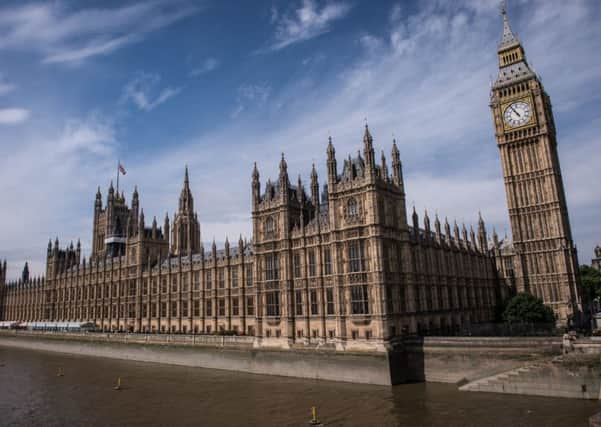Ministers face fresh calls for ban on unpaid internships


In a new report published today, members of the all-party Parliamentary group (APPG) on social mobility argue the widespread expectation in many industries that young people will work for free is acting as a “major barrier” to those from disadvantaged backgrounds.
They also claim that many businesses are being too “London-centric” in their recruitment processes”, and often fail to assess an individual candidate’s qualifications in context with their upbringing.
Advertisement
Hide AdAdvertisement
Hide AdThe group is therefore calling for unpaid internships to be banned, and for employers to increase their efforts to recruit people from poorer backgrounds.
“We know that social mobility at the top of UK society is shamefully low,” said APPG chairman and Labour MP Justin Madders.
“Throughout this inquiry we have heard from profession after profession that significant barriers exist to young people from less advantaged.
“If the current Government is serious about improving access to top jobs for those from less advantaged homes, they need to take a much more strategic approach.
Advertisement
Hide AdAdvertisement
Hide Ad“This means linking the work of schools, universities and employers to build a real business case and practical plan for improving social mobility.”
According to a recent report by the Sutton Trust, top positions in professions such as politics, business and the arts remain disproportionately populated by alumni of private schools and Oxbridge.
It found that almost a third of MPs in the 2015 intake were independently educated, as were nearly three quarters of High Court and Appeals Court judges, and over two-thirds of British Oscar winners.
The APPG report suggests more must be done to remove the financial barriers facing young people aspiring to a career in these fields – as well as to improve the advice and support they receive at school – if this imbalance is to be addressed.
Advertisement
Hide AdAdvertisement
Hide AdIt says employers must also be encouraged to assess candidate’s in the “context of disadvantage”, including “underperforming schools and less advantaged neighbourhoods”.
A bill to ban unpaid internships was recently brought forward by the Conservative MP Alec Shelbrooke, but was filibustered by fellow Tory MPs and ministers.
However, the APPG report presses the Government to reconsider its support for a ban, stating that no young person should find themselves “unable to pursue their chosen career because they can’t afford to work for free”.
In a joint statement, group members Justin Madders, Andrea Jenkyns and Baroness Tyler said: “Our professions should reflect our communities and our country, and employers themselves would ultimately benefit from harnessing the broader experience and potential of the country as a whole and not just established groups.
Advertisement
Hide AdAdvertisement
Hide Ad“Employers look for confidence, resilience, social skills and self-motivation in their employees, but for those who have had little to no exposure to extracurricular activities, work experience or mentoring, these skills can be difficult to acquire.
“A clear message from our evidence sessions was that we need to become better at inspiring our youngsters to reach their full potential.”